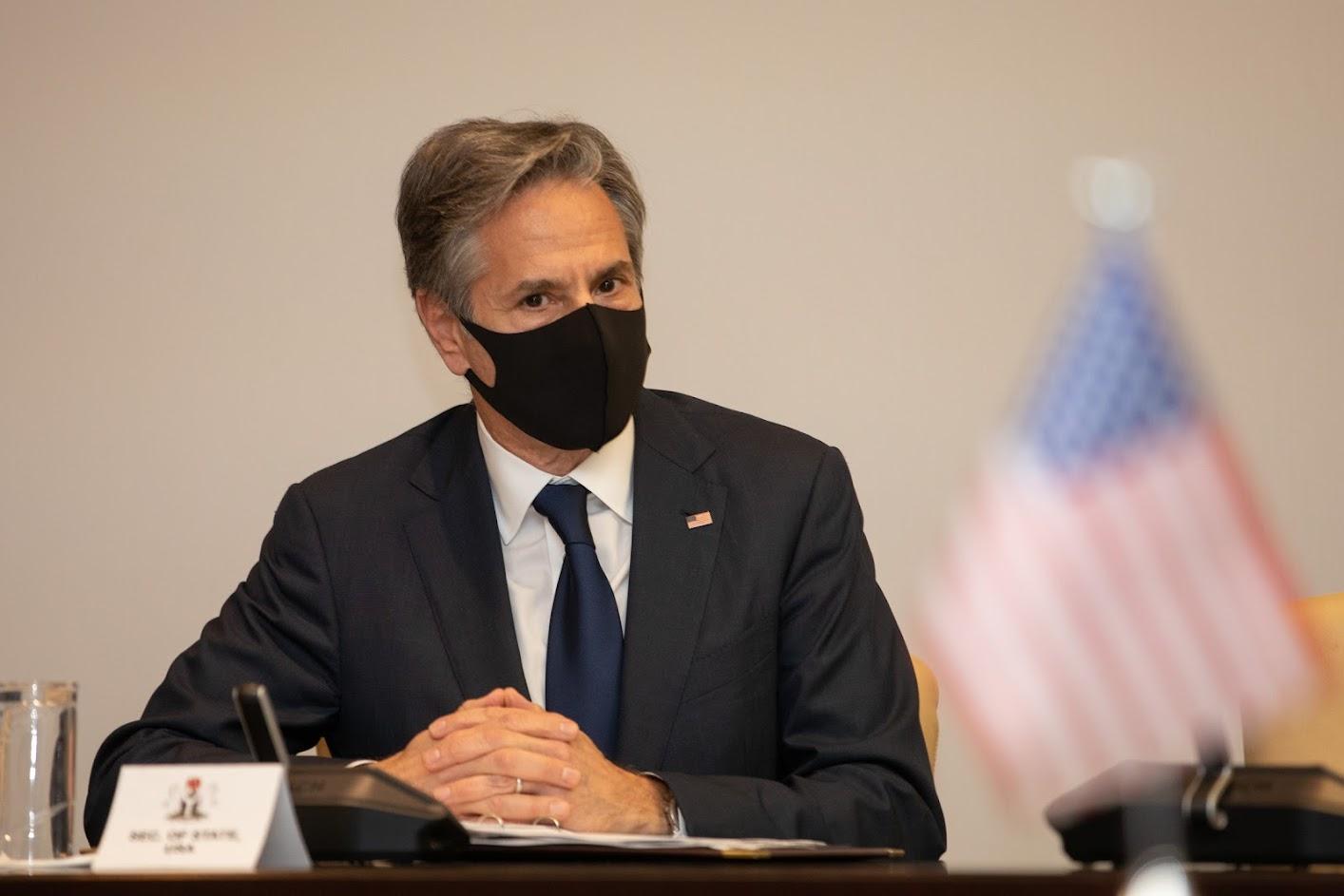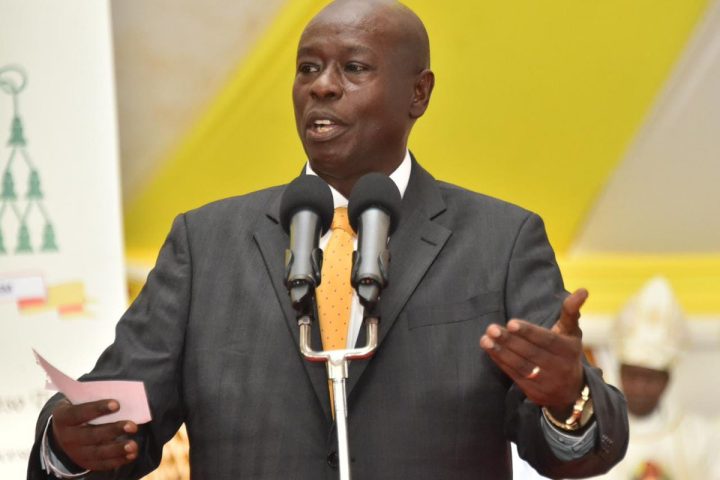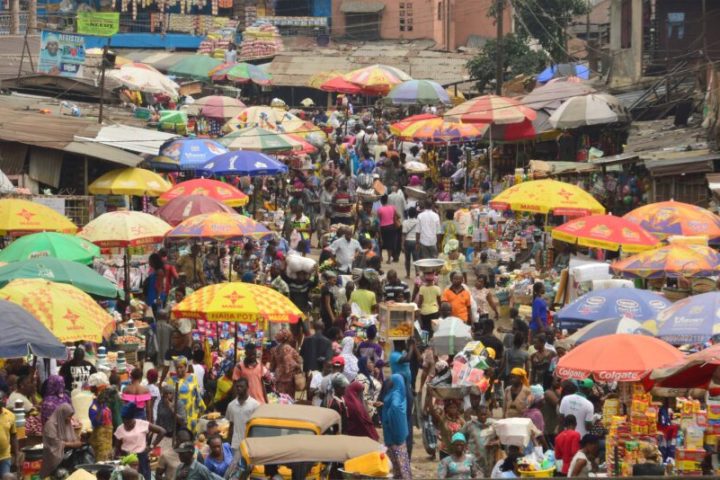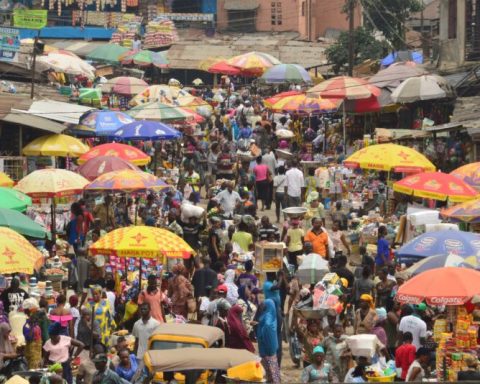Secretary of US Department of State, Anthony Blinken, says the ongoing Russia-Ukraine war could impoverish many more millions of people and worsen global food insecurity.
Secretary Blinken, in a electronic mail he personally made available to Prime Business Africa on Tuesday, quoted data from the World Bank suggesting that at least 40 million people will be added to the rank of those severely food insecure as a result of “Russia’s unprovoked war on Ukraine.”
Also, due to Russia’s war on Ukraine and further blockades to food supply on their Black Sea ports, G7 leaders have called on Russia to cease actions contributing to global food insecurity.
It is estimated by United Nations that increased number of people between 720 and 811 million faced hunger in 2020, due to the devastating effect of COVID-19 pandemic on global food security, and more is the recent attack on Ukraine by its neighboring country.
“Behind these facts and figures are people: real people, real lives, real livelihoods, mothers, fathers, children,” Blinken lamented.
”And when you see – in Somalia, for example – a mother taking one of her children on an incredibly treacherous journey to try to find food somewhere for her child and the others that she’s left behind, and she makes it there and the child that she’s brought with her dies in her arms because she couldn’t get to the food in time – put your own kids in that position; put yourself in that position. Just imagine. As human beings, all of us have to be seized with this. We see the suffering and we know we can do something about it.”
Blinked said that Russian military is laying waste to Ukrainian farms and grain silos, stealing Ukrainian grain and the equipment needed to harvest it, and blocking access to and from Ukrainian ports by the sea. He revealed that there are some 25 million tons of grain trapped in silos right now in Ukraine, where it will rot if it’s not exported. Tens of millions more are being harvested in the coming months, but there’s no place to put them because Ukraine’s silos are full because it’s not able to move its grain thanks to the Russian blockade.
To curb the increasing global food insecurity, a senior US official had said that the G7 countries will commit up to $5 billion to improve global food security to respond to threat of hunger triggered by the Russian invasion of Ukraine.
The US Secretary to the Department of State complained that it is very important that people get clarification on this – “When we imposed sanctions on Russia so that it would end its aggression against Ukraine as quickly as possible, we deliberately created exceptions for agricultural goods, for fertilizer, for insurance, and shipping necessary to move these products precisely to avoid worsening the food crisis. Nothing is preventing food and fertilizer from leaving Russia, and only one country is blocking food and fertilizer from leaving Ukraine, and that is Russia.”
Blinken and a ministerial convened a United Nations Security Council meeting to stir a further collective action last month. He said that one of the things they did was to create a global roadmap that commit countries to taking swift, concrete steps to get food to people around the world who need it now, and to build greater resilience to future shocks. The secretary disclosed that a total of ninety-four countries and counting have signed on to that roadmap.
“So now, what’s our responsibility? Our responsibility is to turn the commitments that countries have made through the roadmap and other initiatives, into concrete, immediate action.” he explained.
Giving possible solutions to how to mitigate the effect of the war aggression, Blinken suggested that more countries need to step up with new substantial contributions to meet urgent humanitarian needs and accelerate efforts, led by the United Nations to end Russia’s blocking of Ukrainian food exports through the Black Sea.
He buttressed that governments have to resist the temptation to impose restrictions on the export of food and fertilizer, explaining that lack of access to fertilizer means many low-income countries will significantly reduce their production.
He finally concluded that there is need to have greater information sharing and coordination to better identify needs and to be able to act efficiently to meet them. “That is one of the driving ideas behind the Global Alliance for Food Security, which we and other G7 members launched here in Berlin last month.” he said.
It is important to know hunger and food insecurity are closely related but different. The US Department of Agriculture (USDA) defines food insecurity as lack of consistent access to enough food for an active, healthy life. While hunger refers to a personal, physical sensation of discomfort
Please follow and like us:




















Follow Us